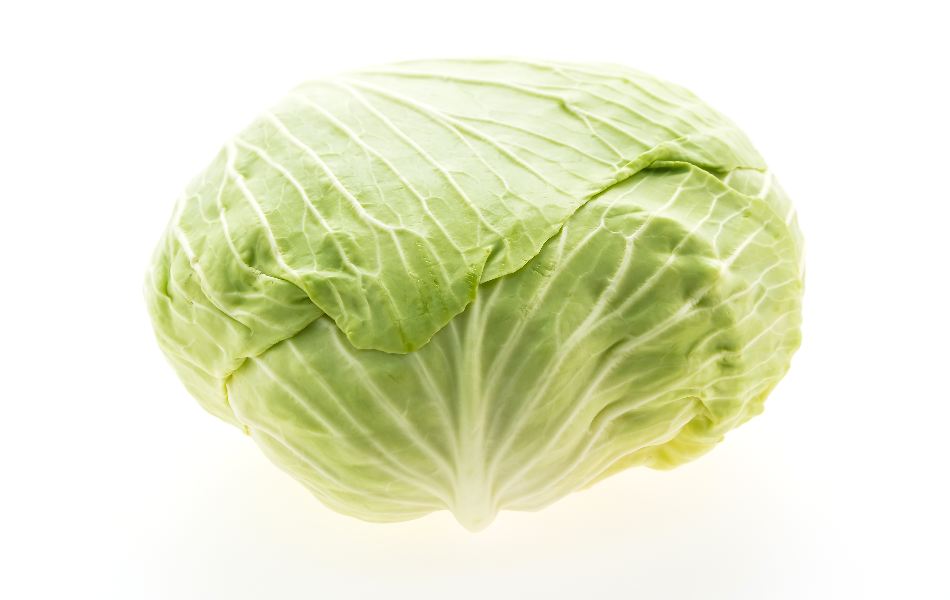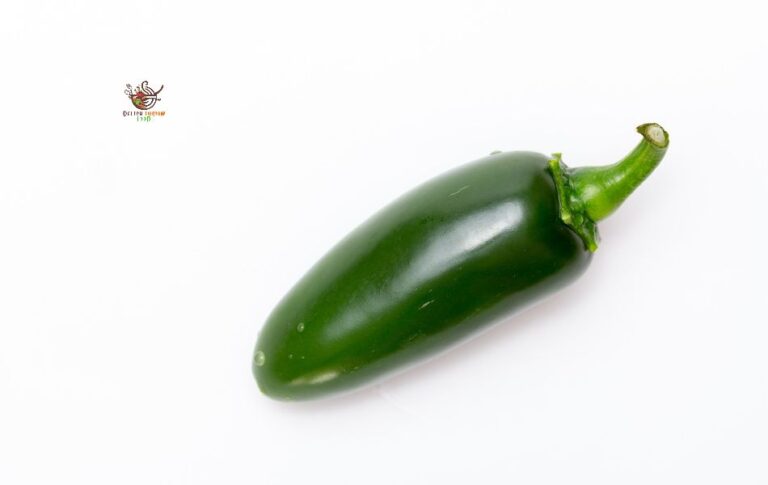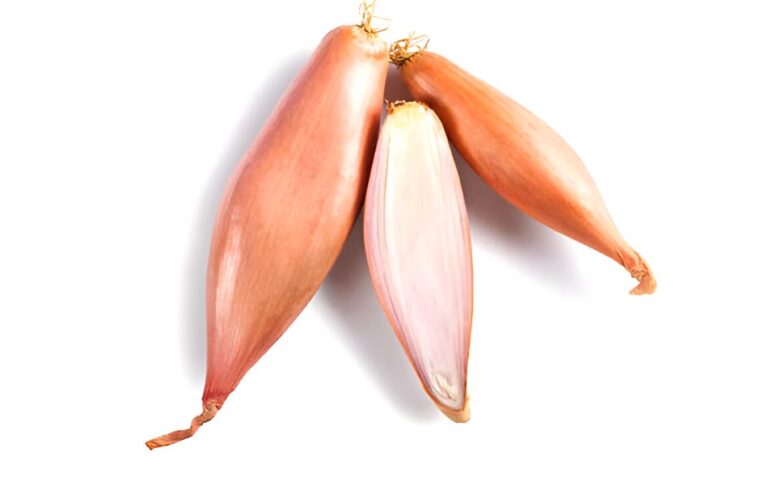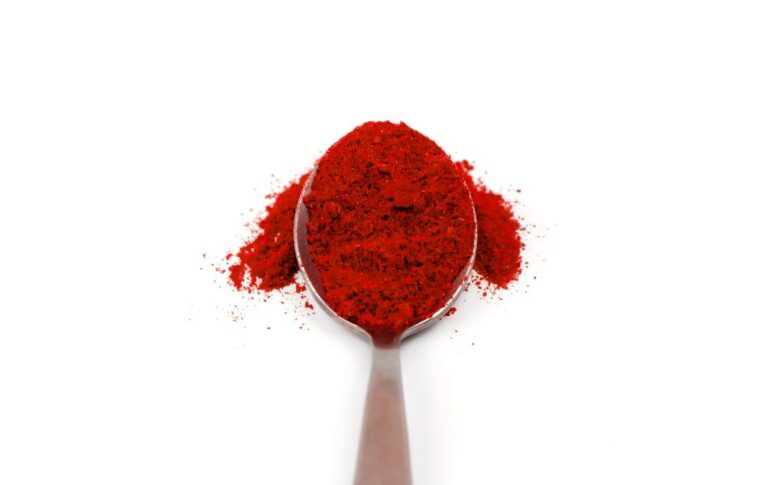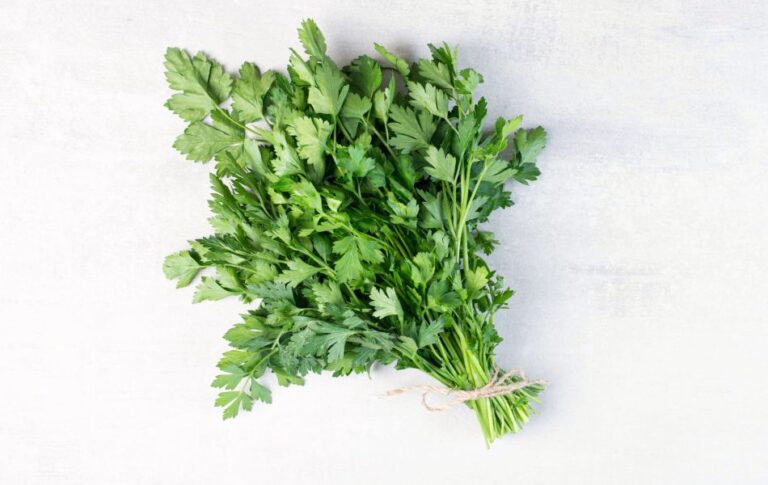Cabbage Substitutes: Discovering the Best Alternatives for Your Recipes
Cabbage is a favorite ingredient in many dishes around the world, and it is known for its versatility and nutritional benefits. Whether adding a crunchy element to coleslaw or enhancing the flavor of a stir-fry, cabbage’s mild sweetness and slightly peppery taste can complement a wide range of dishes. But the beauty of cooking lies in experimentation, and numerous alternatives to cabbage can add a new twist to your dishes.
When choosing a substitute for cabbage, it’s essential to understand how the replacement will impact the texture and flavor of your dish. Some alternatives may bring a bolder taste, while others might be subtler, complementing the dish without overpowering it. By knowing the characteristics of these substitutes, you can continue to create satisfying meals, even when cabbage isn’t available.
Popular Alternatives to Cabbage
Several vegetables can offer similar textures and nutritional benefits when you’re looking for a cabbage substitute. Here are some popular options, each with its unique set of nutrients:
1. Napa Cabbage
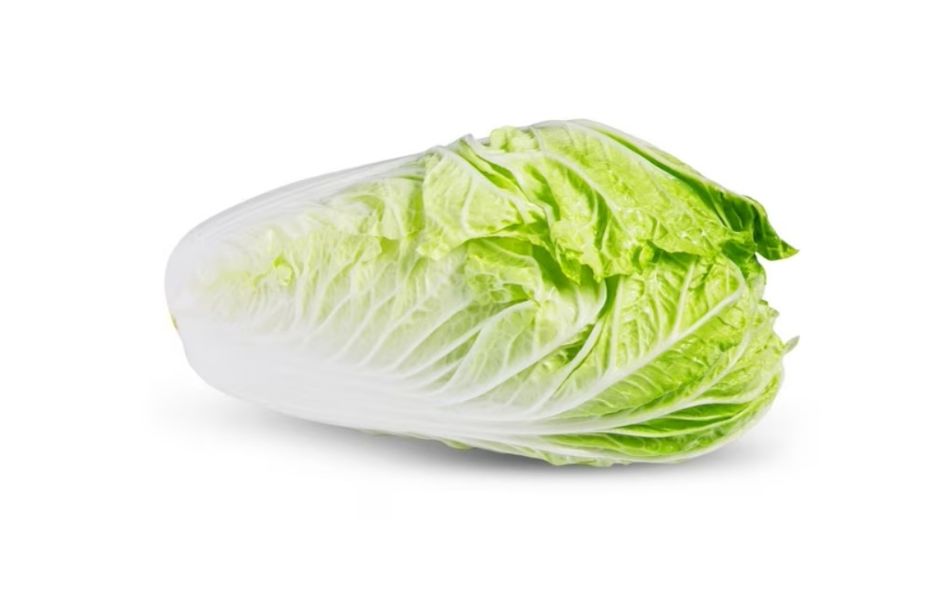
Napa cabbage, commonly used in Asian cooking, offers a gentler flavor than regular cabbage. Its thin, tender leaves absorb flavors well, making it perfect for dishes with a desired touch of flavor. Whether raw or cooked, Napa cabbage provides a firm yet slightly crunchy texture, ideal for wraps, stir-fries, and salads.
2. Green Beans
Green beans can be an excellent cabbage substitute in specific recipes. They have a similar crunch but with a slightly sweeter and crisper bite, making them a good alternative in cooked dishes.
3. Brussels Sprouts
Though often a polarizing vegetable, Brussels sprouts are nutrient-dense mini cabbages with a mild flavor. When appropriately cooked, they can be roasted, shredded, or sautéed, offering a sweet, nutty flavor. Shredded Brussels sprouts can replace cabbage in salads, though using them in large quantities might be costly.
4. Choy Sum
Choy sum, also known as yu choy, is a leafy green with a flavor distinct from cabbage but similar in appearance. Choy sum retains its texture when cooked, though the bitterness softens. It’s particularly well-suited for stir-fries, soups, or salads, especially with ingredients like ginger and garlic.
5. Bok Choy
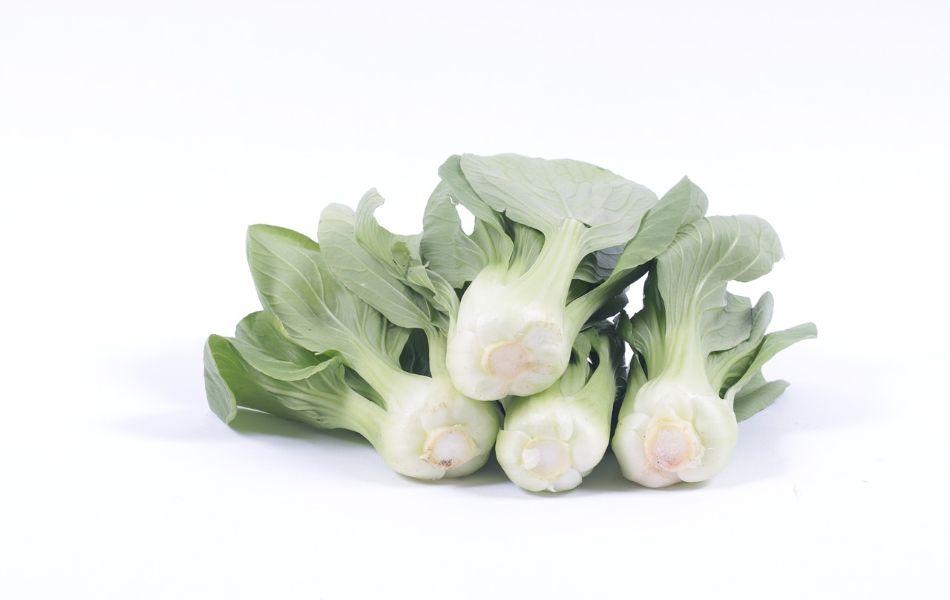
Bok choy, a type of Chinese cabbage, is known for its long white stems and dark green leaves. With a milder flavor and crisp texture, bok choy is an excellent option for those who prefer a less intense taste. It’s often used in soups and stir-fries and can be eaten raw or cooked.
6. Celery
Celery shares a similar flavor profile with cabbage but offers a richer taste. High in vitamin K, potassium, and manganese, substituting celery for cabbage can increase the nutritional value of your dish. It’s a crunchy, nutrient-packed alternative that works well in many recipes.
7. Kohlrabi
Kohlrabi, with a flavor somewhere between a radish and a turnip, is a simple yet delicious side dish that can also replace cabbage. Its unique taste and texture make it a versatile addition to various meals.
8. Kale
Kale stands out among leafy greens for its rich vitamin content. Its slightly bitter taste and hearty texture make it great for raw and cooked dishes, like salads and stir-fries.
9. Collard Greens
Collard greens are heartier than cabbage but can be cooked to achieve a similar texture. Packed with micronutrients, collard greens are ideal for more extended cooking methods and add a robust flavor to dishes.
10. Lettuces
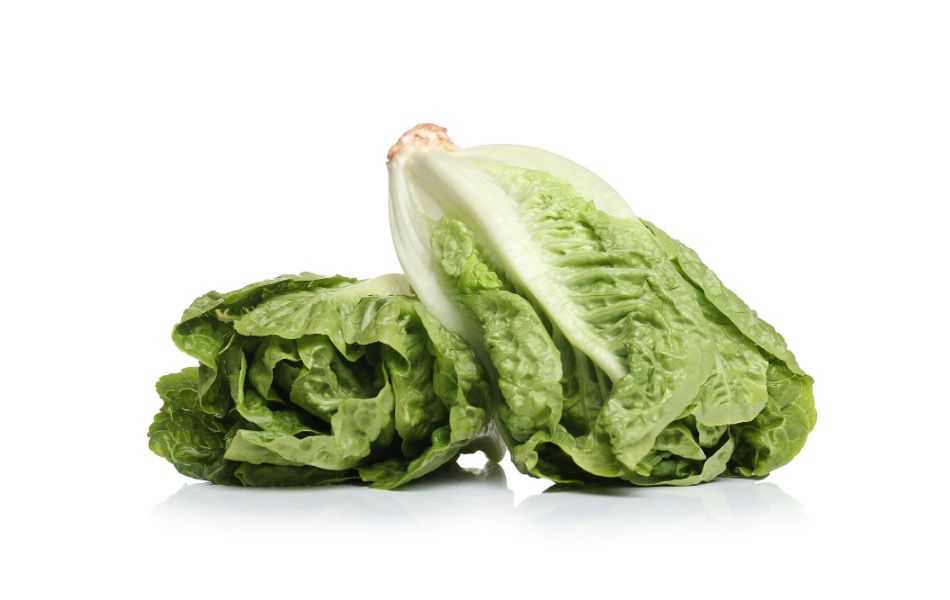
Lettuces like iceberg and romaine are crisp, refreshing options for salads and slaws. Iceberg lettuce offers a light flavor and crunch, while romaine is slightly more nutritious with a sturdier leaf, perfect for salads and wraps.
11. Spinach
Spinach works well as a cabbage substitute because of its tender texture and bright green leaves. Its mild flavor blends seamlessly in salads, soups, and stir-fries, adding nutritional value and visual appeal to dishes. Rich in vitamins A, C, and K, as well as iron and calcium, spinach is a healthy alternative that works well in many recipes.
Best Cabbage Substitutes for Specific Dishes
The proper cabbage substitute varies depending on the dish. Here are some recommendations based on different types of meals, so you can make informed decisions and cook with confidence:
Salads and Slaws
For salads and slaws, the key is to find ingredients that offer a satisfying crunch and can hold up well when dressed:
- Kale: A sturdy leafy green, perfect for salads, thanks to its texture and nutritional benefits.
- Iceberg Lettuce: Crisp and light, making it an excellent choice for slaws.
Soups and Stir-Fries
In soups and stir-fries, the substitute should maintain its structure and absorb flavors well:
- Bok Choy: Known for its crispness and ability to soak broth and sauces, it is ideal for Asian-inspired dishes.
- Napa Cabbage: Soft texture and mild taste make it an excellent option for stir-fries.
Roasted and Sautéed Preparations
For roasting or sautéing, look for substitutes that can mimic cabbage’s density and caramelize well:
- Brussels Sprouts: Roasting brings out a sweet, nutty flavor similar to cabbage.
- Kohlrabi: With a texture similar to cabbage, it can be sautéed for a hearty feel.
Stuffed and Baked Recipes
Stuffed dishes require substitutes that can hold fillings without falling apart:
- Savoy Cabbage: Offers similar sturdy leaves, making it perfect for wrapping and baking.
- Choy Sum: Sturdy enough to handle stuffing, commonly used in Asian stuffed dumplings.
Key Considerations When Choosing Cabbage Substitutes
When selecting cabbage substitutes, remember the desired texture, flavor, and nutritional content to ensure your dish turns out as expected.
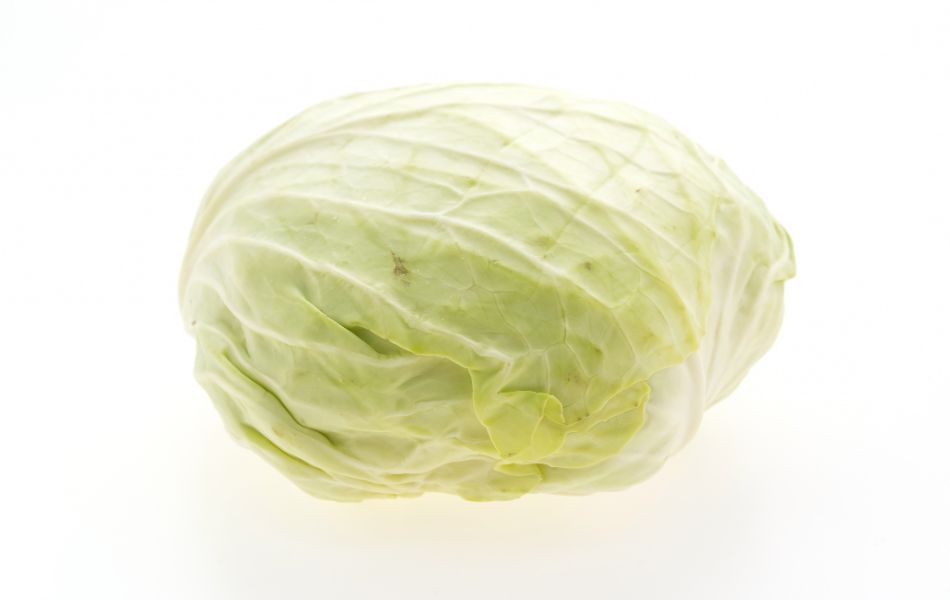
Texture
Cabbage is known for its crunch when raw and firmness when cooked. For a similar crunch, try iceberg lettuce or celery. For a firmer texture, Brussels sprouts or kohlrabi are excellent options.
Flavor
Cabbage’s mild sweetness can be matched with bok choy or Napa cabbage, while kale or collard greens provide a more robust taste for recipes that can handle a bit of bitterness.
Nutritional Content
When choosing substitutes, look for vegetables with similar nutritional benefits, such as kale and Brussels sprouts for vitamins or collard greens for fiber and antioxidants.
See Also – Substitutes for Mint: Delicious Options to Experiment With
Conclusion
While cabbage is a common ingredient, there’s no need to worry if it’s not available. With so many alternatives at your disposal, you can still create delicious meals without sacrificing flavor or texture. Each substitute brings something unique to the table, so feel free to experiment until you find the one that works best for your dish. Just be sure to adjust your seasonings to highlight the flavors in your recipe. Happy cooking!

